National Care Service evidence paper: experiences of social care in Scotland - easy read
This easy read summary provides an overview of recent evidence on experiences of social care and unpaid caring in Scotland. It is part of a collection of contextual evidence papers, setting out key sources of information about social care and related areas in Scotland.
Experiences of social care in Scotland
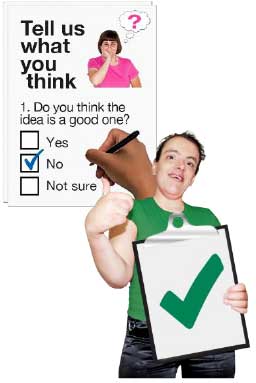
In the rest of this document, when we say ‘people’ we mean people who answered the questions about social care and being a carer in the 2021/22 Health and Care Experience Survey’.
6 out of every 10 people said their care and support services were either ‘good’ or ‘excellent’ in 2021/22.
This is less than in 2019/20.
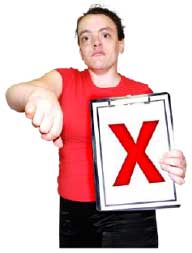
The number of people who thought their care and support services were ‘poor’ or ‘very poor’ went up.

Less people said they are getting funding for their help and support from the council, NHS and other organisations.
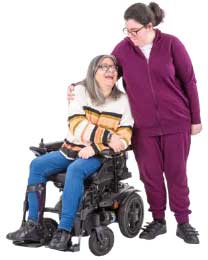
The number of people getting unpaid care went up.
An unpaid carer is anyone who cares for a friend or family member who cannot cope without their support.
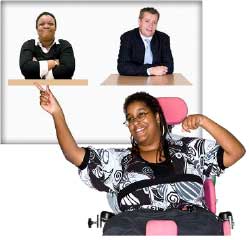
Less people said they had a choice about sorting out their care.
More people said they did not have a choice at all.
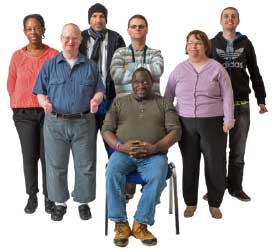
In 2021/22 people who felt they needed support but did not get it, were more likely to be:
- not white
- disabled
- living in deprived areas
- LGBO (lesbian, gay, bisexual, other)
- unpaid carers
A deprived area is one where people have more difficulties in different parts of their life.
For example many of the people who live there do not have:
- enough money
- choices and chances
- resources – there might not be as many public services
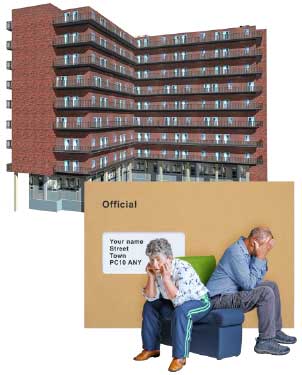
Unpaid carers
More than half of unpaid carers said they got no support with caring.
More than 1 in 20 people said they give 35 or more hours of care a week in 2021/22.
This is a bit more than in 2019/20.
Unpaid carers giving a lot of care were more likely to have support than those giving smaller amounts of care.
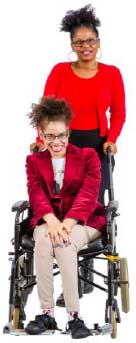
Unpaid carers were most likely to be supporting:
- parents
- grandparents
- their husband, wife or partner
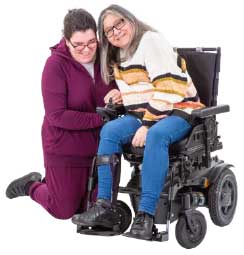
Young people aged 17-24 were the group most likely to feel supported to keep caring.

More than half of young carers said that caring has made their health and wellbeing worse.
Contact
Email: SWstat@gov.scot
There is a problem
Thanks for your feedback